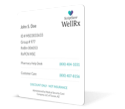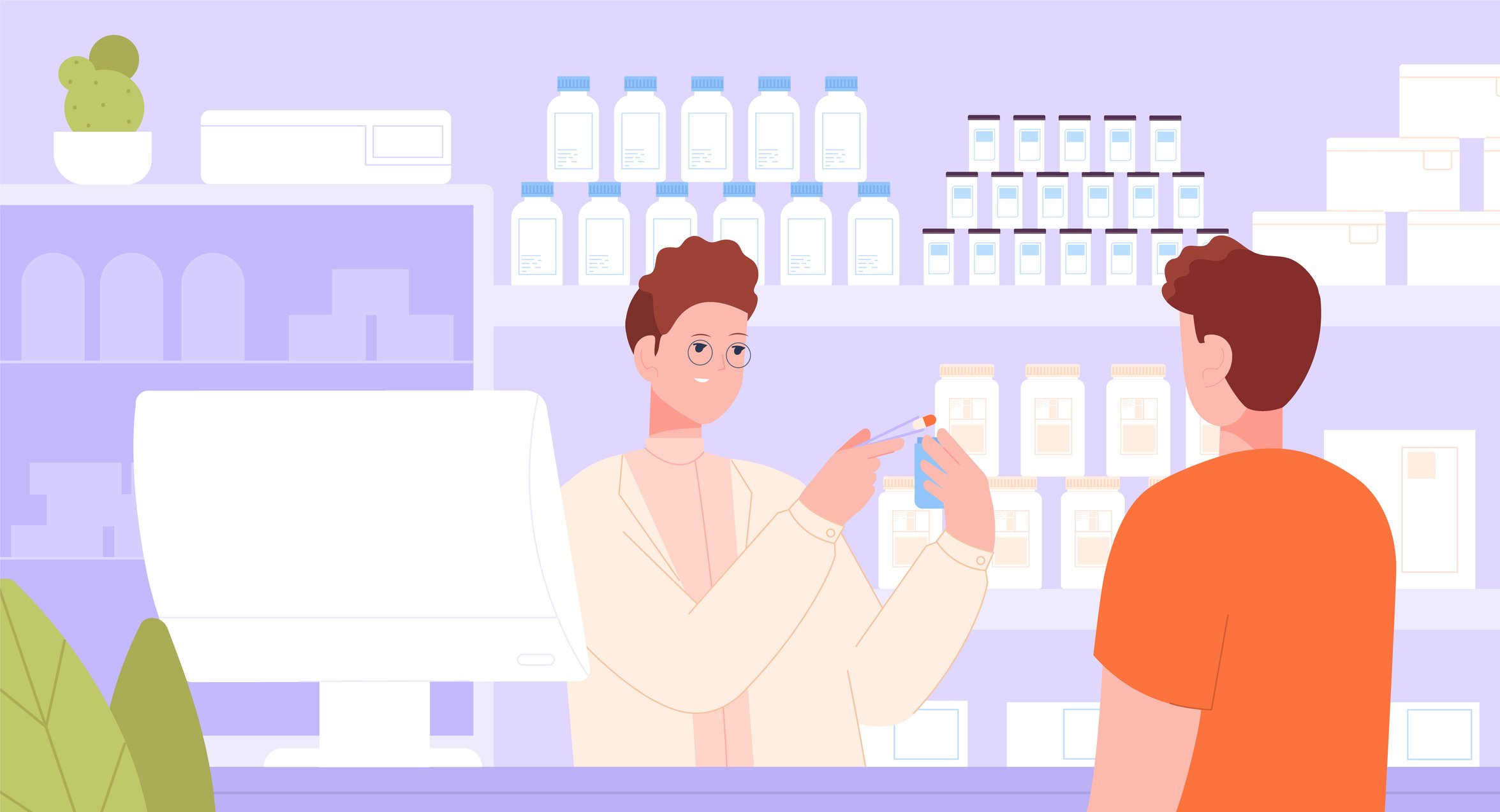The Stigma of Antidepressants
By Haley Gandy, PharmD. Candidate 2021,
University of Kansas School of Pharmacy
September 21, 2020

Did you know that seventeen percent of Americans will experience depression at some point in their lives, and only one third of these people will seek treatment? [i] [ii] The stigma of taking antidepressants, and depression itself remain a barrier of these people seeking help and continuing to improve their mental health. Reducing this stigma is challenging but necessary in order to decrease the harmful effects of depression. [iii]
Despite mental health campaigns meant to increase awareness that depression is in fact a disease, not just a weak state of mind, the stigma of taking hold of one’s mental health is still largely looked down upon.
Self-Stigma and Self-Blame
In a study from 2018, a self-stigma depression scale (SSDS) was developed. It revealed that self-blame was the most common thought held by patients with depression. Self-blame was mentioned twice as much as any other thoughts in the scale. Included within self-blame were thoughts such as I should be able to cope on my own, or depression is a sign of weakness, etc. Additionally, taking antidepressants was thought to be admitting one was weak, or that they couldn’t handle their feelings on their own. [iv] Treating depression is not a weakness, but rather the opposite.
Since mental health is not something that anyone can “see," it’s hard for many to understand the difficulties people with mental illnesses face. Depression has many ways of negatively affecting peoples’ lives, many of which friends and family cannot see. It is so important to assure those with mental illness, that there is nothing wrong with them because they’re taking a med that helps them.
How do antidepressants work?
Antidepressants help your brain use the molecules that it is already making! They do this by preventing the recycling or taking away of one of the key molecules that determine mood: serotonin.
The most commonly prescribed antidepressants are known as selective serotonin reuptake inhibitors, or SSRIs. These meds do exactly what it that sounds like, they prevent our brains from recycling our serotonin, so we are able to use it! Zoloft (sertraline), Celexa (citalopram), and Prozac (fluoxetine) are the most commonly prescribed SSRIs. Their generic names are in parenthesis, and these are likely the names that you see on your bottle if they are prescribed to you.
There is another common class known as SNRIs that also prevent the brain from taking away helpful norepinephrine as well as serotonin. These medications can be beneficial to patients experiencing nerve pain along with their depression. [v]
The benefits of antidepressants along with in-person or Telehealth therapy include improved mood, concentration and sleep. Since it takes anywhere from 4-6 weeks to feel the full effects, your doctor and/or pharmacist will stress the importance of taking your antidepressants as prescribed. [vi]
The key takeaway is, antidepressants can play an important role in improving quality of life, which is tied to improved health outcomes overall. People have reported that they begin to have the energy to do the things they love, and that their relationships with friends and family improve.[vii]
References:
[i] Kessler, R. C., Berglund, P., Demler, O., Jin, R., Merikangas, K. R., & Walters, E. E. (2005). Lifetime prevalence and age-of-onset dis- tribution of DSM-IV disorders in the national comorbidity survey replication. Archives of General Psychiatry, 62, 593–603.
[ii] Young, A. S., Klap, R., Sherbourne, C. D., & Wells, K. B. (2001). The quality of care for depressive and anxiety disorders in the United States. Archives of General Psychiatry, 58, 55–61.
[iii] Corrigan, P. (2004). How stigma interferes with mental health care. American Psychologist, 59, 614–625.
[iv] Nelson E, Werremeyer A, Kelly GA, Skoy E. Self-stigma of antidepressant users through secondary analysis of PhotoVoice data. Ment Health Clin. 2018 Aug30;8(5):214-221. doi: 10.9740/mhc.2018.09.214. PMID: 30206504; PMCID: PMC6125114.
[v] NIH website: https://magazine.medlineplus.gov/article/commonly-prescribed-antidepressants-and-how-they-work
[vi] 2019 APA depression treatment guidelines: https://www.apa.org/depression-guideline/guideline.pdf
[vii] Martinez LR, Xu S, Hebl M. Utilizing Education and Perspective Taking to Remediate the Stigma of Taking Antidepressants. Community Ment Health J. 2018 May;54(4):450-459. doi: 10.1007/s10597-017-0174-z. Epub 2017 Oct 11. PMID: 29022148
Recommended Articles









